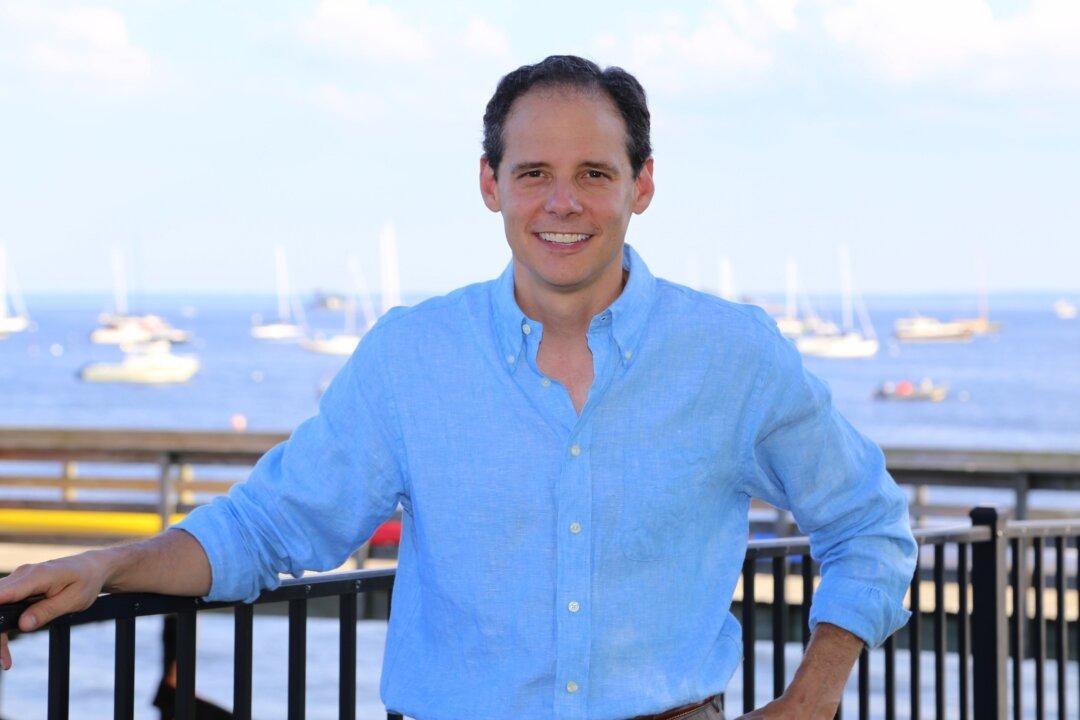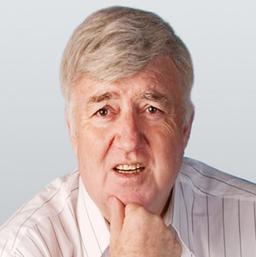David Ricciardi is not one of the best-known writers in the thriller genre—but he is one of the best. So it’s without fear or hesitation that I repeat a prediction I made in reviewing his second novel: He will before long join the ranks of the giants of the thriller genre.
His recently released third novel, “Black Flag,” zeros in on a threat we have come to think has faded away—piracy. A few years back, small-time thugs armed with AK-47s operating small vessels caused considerable havoc attacking ships off the coast of the Horn of Africa, looting them and taking prisoners for ransom. But it wasn’t long before both private shipping companies and a few of the world’s navies brought to bear vastly superior force, and the bush-league pirates were crushed.






